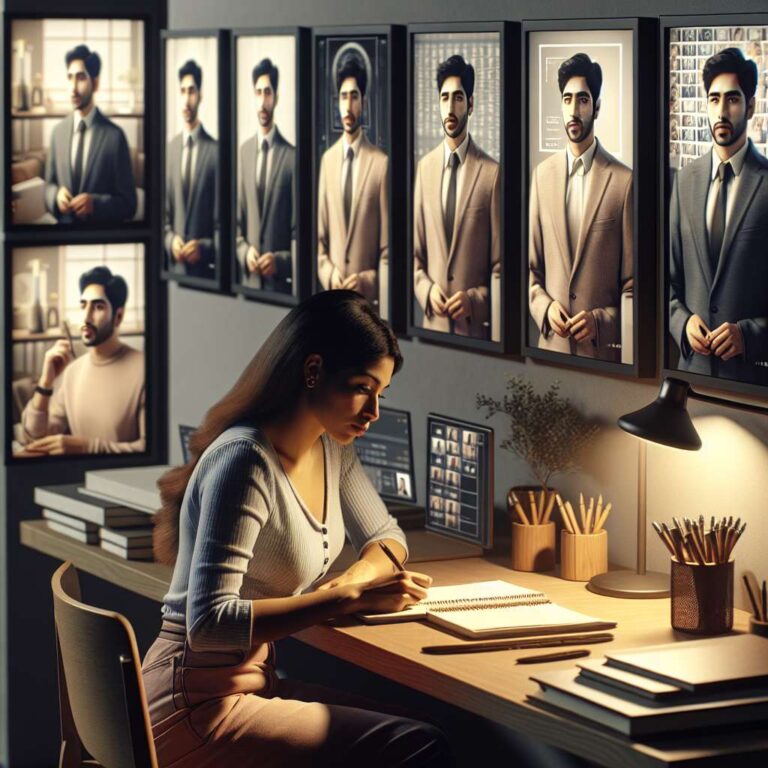Content creators are rapidly adopting artificial intelligence-powered platforms to streamline and expand their video production capabilities. One prominent tool in this landscape is Synthesia, a service that allows users to generate unlimited artificial intelligence-generated videos with minimal input. Creators only need to upload a brief, two to three minute clip of themselves reading a script, which the technology then uses to generate new video content that appears remarkably lifelike.
This process lowers barriers to entry for individuals and small teams looking to scale their content output without significant investments in equipment, time, or post-production expertise. The technology synthesizes voice, mannerisms, and the visual likeness of the creator, enabling quick production of new videos based on text scripts or other forms of input. As a result, creators can maintain a steady stream of content tailored to various platforms, audiences, or languages, opening opportunities for growth and diversification.
However, the adoption of artificial intelligence-driven video production also raises important questions regarding authenticity, transparency, and the evolving relationship between creators and their audiences. While many see these tools as a way to empower creativity and efficiency, others caution about potential misuse or the dilution of genuine human connection. Nonetheless, the trend indicates a future where artificial intelligence will play an increasingly central role in how digital personalities engage, educate, and entertain across the internet.

